In 1984, the movie Making the Grade would be filmed in Memphis on the campus of the small, private liberal arts school of Rhodes College.
The movie was, by and large, one of many generic, forgettable 80’s teen comedies, but the poster is pretty cool. The most notable qualities about it was that it was one of the first starring roles of Judd Nelson, who would later become a constant fixture in the later Brat Pack films of the 80’s, and also that it was the first appearance of comedian Andrew Clay’s Diceman persona, which he would eventually adopt as part of the stage name he’s better known by today.
How lucky for us all.
Making the Grade would also mark the first professional acting role of Memphis native, Dan Schneider.
Dan Schneider was born in Memphis to a middle class family, and lived there the entirety of his early life. Stories surrounding his childhood conflict with one another. Some more recent sources that will be named later describe him as an awkward, insular teen who’s parents worried would never be able to get his feet under him. At eighteen, he moved from Memphis to Boston, Massachussetts, where these same sources claim he attempted to attend his father’s alma mater of Harvard by any means necessary, up to and including just walking into classes without any reason to be there. These claims, however, are unsubstantiated, and seem at odds with previous information publicly known about Schneider’s early life before 2024. While it is confirmed that he lived in Boston for a short time after graduating high school, Schneider has claimed that he really did attend Harvard for a semester before deciding that it wasn’t for him.
I could find no other sources to verify either his or the other party’s claims. Though other sources state that his grades, while unremarkable, were not a sign of low intelligence. He had a keen interest in the burgeoning field of personal computers, and his first job outside of school was working as a repairman for Apple home PCs, which he did after his dalliance with the Ivy League. Schneider was the president of his high school’s student council, an avid participant in school theater productions, and, rather than study his academic courses, he devoted much of his time to quite literally studying the works of comedy writers such as Carl Reiner, prolific comedic actor and director of The Dick Van Dyke Show, and Larry Gelbart of M.A.S.H. fame by watching their output whenever possible. His family described him as warm and friendly from a young age. However, Schneider has admitted himself that, by fourth grade, he was by far and away the largest child in his class. As his peers began to torment him over his prodigious size, he turned to comedy, both as a means to cope, and as a tried-and-true means of gaining social acceptance. As an overweight friend once told me, If you’re gonna be fat, you better be damn funny to back it up. Given the fact the guy had girls throwing themselves at him despite being well north of three hundred pounds, and was also one of the funniest mother fuckers I knew at the time, I think that’s a good truism.
Bolstered by the bit part he scored in Making the Grade, Schneider left Memphis for Los Angeles as one of the many hopefuls that strike out to find fame and fortune in the sun-drenched byways of Hollywood. Not long after relocating, Schneider was cast in another small role in the much more well-respected 80’s teen comedy, Better Off Dead.

Schneider managed to scrape by with bit roles in obscure movies for about two years before landing his spot among the cast of Head of the Class. On set, he would foster a particularly strong personal friendship with Brian Robbins. The two weren’t just aspiring actors; the two men were writers, as well, and eager to flex their chops by writing their own comedy material. The two bonded over this mutual love of writing, and pitched episodes of Head of the Class to ABC that, to their surprise, were accepted and put into production.
When the series concluded in 1991, Schneider, like his friend Robbins, would find it difficult to get work. Turns about when you’re cast as the funny fat guy in one show, you kind of get stuck as being the funny fat guy in everything. The word for that in the biz is type-casting, if you didn’t know. It’s why Grade A actors like Jim Beaver is constrained to playing gruff, uneducated country bumpkins most of the time, and the late, great Sid Haig is mostly remembered for playing a sociopathic, murderous clown and killing Dwight from The Office.
You hate to see it.
While Schneider did appear in several movies and television shows, they weren’t much of substance. In 1993, his luck seemed to improve when he was cast in a new ABC sitcom, Home Free. The fact that the Wikipedia page for this series is borderline non-existent should tell you that this was not the big break Schneider had been waiting for. He did, however, appear in all thirteen episodes of the series brief run, according to IMDB.
Oh, and the show was apparently also the first starring role of another actor you might recognize.
A year later, Home Free headliner Matthew Perry would put the failed show behind him when he signed on to play a little character named Chandler Bing is a show that nobody had much faith in about a bunch of catty, petty, juvenile overgrown children bumming around New York City called Friends. I’ve heard of it once or twice, but I never watched it. I guess it did alright.
However, with the failure of Home Free, Schneider’s fortunes, too, were about to change. And in a big way. And I’m not just saying that because he’s a big guy, either. No - Schneider’s connections to Head of the Class, which, at the time, he saw as more of a burden to his career than a help, were about to pay dividends.
In 1988, at the peak of Head of the Class’s popularity, Schneider and Robbins would be selected to co-host the second Nickelodeon Kid’s Choice Awards alongside Tony Danza, who’s always been someone I heard about throughout my life but I don’t think I’ve actually seen in anything. At the time, neither of them had ever even heard of Nickelodeon, but they needed a paycheck, so they agreed to help with the gig. Little did they know, they had both just inadvertently altered their destinies, and set themselves on the course to become two of the most successful men in television.
That year at the Kid’s Choice Awards, Beverly Hills Cop II would win the vaunted Orange Blimp for favorite movie, and Eddie Murphy would win one as well for being the favorite actor of the year. Movie actor, at least. Michael J. Fox would win favorite television actor, but his, Family Ties, would lose out to ALF.
I never did get the appeal of this walking toilet rug. You had to be there, I guess.
That year would also be the year that both Schneider and Robbins would be introduced to television producer Albie Hecht.
Hecht has a long and storied career in the industry with many success stories under his belt. I mean, this is the guy who gave the thumbs up to put Spongebob Squarepants into production - that alone probably net the guy more money than his great-grandchildren could spend. Even at the time, he was a big man on the scene, and someone you would want to know.
In 1988, Hecht was a producer for various Nickelodeon programs and helping the fledgling studio get off the ground. He met the two men during rehearsals for the show that they were to co-host. The three quickly developed a strong friendship that went beyond show business. As mentioned, Robbins and Schneider had long aspired to collaborate on writing a sitcom together, which interested Hecht something fierce. Seeing potential in the two and smelling the sweet, sweet green of cold, hard cash, Hecht offered the pair a chance to pitch a show to Nickelodeon that would come pre-packaged with his approval and, with his sway among the crowned heads of the studio, would most likely be a shoe-in for a greenlight. A pretty sweet offer, all things considered. You’d think the men would pounce on it like starving cats of a particularly plump, succulent mouse, right?
Well, unfortunately for Robbins and Schneider, both were still under a non-competition contract to work exclusively for ABC… which Nickelodeon was not a part of. So, they were forced to decline.
When 1991 rolled around, Head of the Class wrapped up, and with it, the contracts binding Robbins and Schneider to ABC. While both struggled to find acting roles, Robbins, as mentioned before, went into business with his friend Michael Tollin to form the elaborately named Tollin/Robbins Productions. By 1991, Albie Hecht had graduated from a simple producer for Nickelodeon Studios to Head of Development. Basically, this means that nothing got made without his approval. Kind of a big deal, really. He was quick to hire Tollin and Robbins to produce a half-hour comedy special featuring two Nickelodeon hosts that I’m sure was very funny and not at all annoying. Hecht was impressed with the final product’s quality, despite being made on a shoe-string budget under and extreme time limitations. Hecht called in Robbins for a little chat. There, he asked Robbins a simple question - What kind of show do you want to make?
Robbins told him that, more than anything else, he was interested in a show that was basically, What if we did Saturday Night Live… but for children?
I imagine Hecht slapped his hands together and said, Say no more.
With a blank check from Nickelodeon and Hecht, Robbins tapped his partner, Tollin, as well as his old friend and castmate, Dan Schneider, to help him develop the show. Though Schneider was originally brought on as a writer, the man’s talent for directing was quickly noticed by everyone involved and, after the success of the pilot, he was promoted to executive producer and invited to take the director’s seat. More than anything, it was his keen eye for prospective talent that cemented his role as showrunner. The thing is that, before a single word for the All That pilot was penned, Schneider insisted they find the right cast for the job and write the content around their personal strengths, rather than write a script and hope that they found performers who were up to snuff to make it happen. This is an extreme deviation from television norms, where the pilot is written and the cast selected afterwards. Yet, Schneider’s unorthodox approach proved to be a prudent one.
The series was an overnight success for Nickelodeon. Schneider’s responsibilities would begin to increase until he had full, unmitigated, and complete control over the show’s production. During this time, he oversaw a constantly shifting and changing cast of children that would come and go as they aged. Yet, he realized that, as they did, Nickelodeon was leaving money on the table. The children of All That weren’t just popular with children - they were rapidly becoming popular with everyone. Kids like Kenan Thomspon and Kell Mitchell were such a hit with audiences that they were becoming stars in their own right. Schneider rightfully saw the profitability in keeping them around.
Unwilling to let white hot talent slip away, he saw potential in green-lighting spin-offs for the actors who expressed interest in pursuing other projects. When Kenan Thompson got tired of speaking nonsense French in a bathtub while wearing a raincoat, Schneider offered him and his partner-in-crime, Kell Mitchell, a movie of their own, based on one of All That’s most beloved sketches.
We already touched on the cinematic masterpiece that is Good Burger in the previous article. But what I didn’t tell you is that it was written by Schneider. Afterwards, Mitchell and Thompson received their own show - Kenan and Kell - on which Schneider was also a writer and producer. Encouraged by the success of Mitchell and Thompson’s non-All That output, Schneider was quick to pivot towards producing shows for other All That alum to capitalize on their talents while their names and faces were still in the spotlight.
In 1996, he’d find his next star when Amanda Bynes was brought onto the cast of All That.
Bynes quickly rose to be one of the prominent and popular members of the All That cast. Again, her popularity began to eclipse all other members of the cast, and rapidly evolved into another burgeoning child celebrity as the years wore on. Schneider, too, would enjoy more creative freedom and authority within Nickelodeon studios as his friends Albie Hecht and Brian Robbins gradually moved up the corporate food-chain of the studio.
By 1999, both she and Schneider departed from the show. But not to do what you might think they were going to do.
Amanda Bynes had, by all accounts, wowed the Nickelodeon elites with her performance on All That. Robbins in particular described her as a Little Carol Burnett. She could sing. She could dance. She was willing to put up with all manner of humiliation and degradation to get a laugh. Clearly, All That needed Bynes more than Bynes needed All That. So, they decided - what if we did All That… but with just Amanda Bynes?
Which brings us to…
Now, you might be thinking that this, too, was another bright idea from the man who was now being called The Lorne Michaels of Children’s Television, referring to the creator of, Saturday Night Live since, at the time, that show was still somewhat well-liked and had yet to devolve (entirely) into the rancid gutter-filth it is today.
And this isn’t entirely incorrect. Dan Schneider did use his clout with Hecht and Robbins, who was becoming increasingly important behind the scenes at Nickelodeon, to lobby for Bynes to score her own show. But it wasn’t his idea. Nor did he start it.
In fact, in 1998, Schneider had landed an opportunity to pitch a sitcom to the network, UPN, which, eventually, would be rolled into the CW after going defunct in 2006. Because all the roads that any defunct network take ultimately lead back to that festering shit-heap, I guesss.
Given that Schneider had never intended to become the Lorne Michaels of kiddie crap - and it was unclear of whether or not he really even wanted his name to be synonymous with kid’s entertainment - he was eager to stretch his arms a little and work on something a little more substantial. Something with a little more bite to it.
The end product? The legendary, beloved, and revered buddy comedy sitcom… Guys Like Us.
Yeah. You know. Guys Like Us?
Oh. You never heard of it? Yeah, well, neither has anyone else. I mean, every picture I could find was a shitty, poor quality JPEG, which should tell you everything you need to know about how it went.
Thirteen episodes were filmed. Four episodes were aired. Five more were dumped unceremoniously into a late-night time slot no one would watch. A few episodes were never aired at all. Critical reception was poor. Numbers were even worse.
Dejected, defeated, and roundly humiliated by such a resounding failure, Schneider sauntered back to Nickelodeon Studios, where he was welcomed with open arms as the prodigal son. At this time, the nascent sitcom The Amanda Show was still en utero, and little more than an undefined, protean idea existing in the collective consciousness of the Nickelodeon production staff. In his absence from All That, the show’s quality had declined precipitously, ratings had plummeted, and the once vaunted institute of children’s comedy had become a hollow shell of its former self.
So, Schneider figured - if it worked once… do it again? He also reasoned that Amanda Bynes’ talents were not fit for a more conventional sitcom so much as they were seemingly tailor-made for sketch comedy. I also suspect that the miserable flop that was Guys Like Us might have left him reluctant to immediately dive back into an episodic sitcom series. So, with a little tweaking, The Amanda Show was re imagined as an All That-esque sketch comedy show, albeit with a much smaller cast and a heavy focus on the leading star herself, with Schneider at the helm as writer, executive producer, director, and actor.
Also, it’s worth noting here that Amanda Bynes was only thirteen at the time this all came together.
If you remember The Amanda Show, you probably remember the prank call sketches, in which Bynes, donning perhaps the ugliest wig ever seen in human history, routinely torments a dottering old man who constantly yells, YOU’VE GOT THE WRONG NUMBER!
Yeah, well, that guy? That’s Dan Schneider. And, I hate to admit it, but this shit always got me laughing. Schneider, for all his faults, is a man who knows his comedy. It’s a little difficult to admit, given everything we’re going to talk about, but the guy was successful for a reason. Clearly, he didn’t just have a knack for writing comedy himself, but he had an excellent eye for prospective talent, and had a way of fostering it in those he took a liking to.
Which neatly brings us to two of the most important people in the Dan Schneider story. While The Amanda Show was largely intended to be a star vehicle for the eponymous actress, it wasn’t a one woman show. Rather than rely on old All That alum, most of whom were uninterested in further work with Nickelodeon by the time they aged out of the show for… reasons that will become explicitly clear further on, new child actors were tapped to bolster the cast. Just two.
Drake Bell and Josh Peck.
But we’ll talk about them later.
For three years, The Amanda Show was one of Nickelodeon’s premier programs. Yet it, too, would come to an end. The series would wrap in 2002, and, apparently, this was an abrupt but mutual decision between Nickelodeon, Bynes, and Schneider. When asked why the show was being drawn to a close during the peak of its popularity and only three scant seasons, a sixteen year old Amanda Bynes was quoted thusly -
I knew I didn't want to be a Nickelodeon kid when I was 30. I was having fun but at 15, you don't want to be doing what you did when you were 12.
Nickelodeon, in the aftermath, was interested in moving Schneider onto another project - All That. Again.
As stated before, when Schneider left the production in 1999, the show quickly fell apart without his certain… je ne sais quois that seemed to be integral to the series' success. By 2000, ratings had dipped to the point that Nickelodeon shelved the series after it’s sixth season. But they weren’t done with it. Oh, no. They wanted Schneider to work his magic and resuscitate the series once more. Reluctantly, he did so, and returned as showrunner after the conclusion of The Amanda Show in 2002. And, wouldn’t you know it - the ratings went right back up. If Nickelodeon executives weren’t already convinced that Schneider had the touch of Midas himself that alchemically transmuted all mediocre children’s entertainment he brushed his pudgy digits against into fat wads of cash… I’m sure they were beginning to think he might.
Currently, there is rampant speculation that the personal relationship between Amanda Bynes and Dan Schneider was what brought a premature end to The Amanda Show. When we get to the reason this series is called The Ballad of Dirty Dan, you’ll see why. If you know anything about Dan Schneider already, you probably understand that these suspicions are not totally unwarranted. Karyn Finley Thompson, an editor who worked for Nickelodeon at the time, claims that Schneider and Bynes had a very close and very physical relationship at the time. Multiple sources have corroborated that it wasn’t unusual for her to hug the man and linger around him on set the way a daughter would a father. Unlike a father-daughter relationship, however, she would also be seen giving him neck massages and rubbing his back while on set.
However, I don’t think that Schneider’s unusual and, frankly, concerning physicality with Bynes is the case for The Amanda Show’s abrupt and sudden end.
Why?
Mostly because the end of The Amanda Show was not the end of their working relationship. Once the curtain came down on The Amanda Show stage and the dancing lobsters did their last dance -
Which was a thing that happened every episode, Dan Schneider immediately set about pitching another show specifically for Amanda Bynes. At first, he lobbied for a spin-off from The Amanda’s Show based on a sketch bit from the series called Moody’s Point - a pastiche of day-time soap operas. When this failed to take root, Schneider took his burgeoning starlet elsewhere and, in 2004, debuted the series What I Like About You on the WB Network, which, in time, would evolve into my aforementioned least-favorite cable network, The CW. The series was a success for everyone involved and would run for four seasons between 2002 and 2006, which is a long time for Bynes to keep working with someone she really didn’t like.

Also, in the immediate aftermath of The Amanda Show’s cancellation, Schneider wouldn’t just fight to get Bynes another show - he got her a movie. He wrote the damn thing just to give her something to do. With the help of Robbins and Tollin, Schneider would write and produce the film Big Fat Lair with Bynes in a starring role alongside Malcolm in the Middle star, Frankie Muniz.
You might recall me briefly mentioning this film in the previous installment of this series, in which I referred to it as Paul Giamatti Torture Porn. I say this because, so far as I can recall, the movie is about two children being exceedingly cruel to Paul Giamatti. Who, yeah - he was a dick, I remember that, but I don’t exactly recall what he did to warrant being literally hunted down and having his life made a living Hell by a pair of tweens. Or maybe the thematic crux of the film is just, Teenagers are cruel and capricious and will inflict inhumane levels of torment upon you for no other reason than sick, sadistic pleasure.
Who knows.
This movie was one that I remember my sisters and I renting from Blockbuster many, many Fridays in a row, and, really, this scene is all I can really recall from it. That, and the trailer heavily featured the song I’m Blue by Eurodance outfit Eiffel 651 - an immensely annoying one-hit wonder so fucking catchy that I caught myself listening to it the other day before I even thought of working on this article, with perhaps one of the most fucking early 2000’s music videos you could possibly imagine.
This song came out in 1998. And it has never left my head since. Ever.
The point is, Bynes and Schneider worked together long after the end of The Amanda Show. While there’s an argument to be made that, as a minor who’s career entirely hinged on Schneider’s support, Bynes wasn’t really in a position to divorce herself from him and really had no choice but to go along with him, whatever it was he wanted to do. And I understand that. But, for reasons we’ll delve into in the future… I really don’t think that’s the case. I have no doubt that Schneider was… well, frankly, he’s a fucking creep. That much is undeniable.
I don’t even really like to use the word creep, if I can help it. This is a touchy subject for a lot of people for a lot of reasons, but I feel as if that word, in recent years, has been used to label perfectly natural human behavior when it comes to intersexual interactions between men and women, and is often misapplied to those who mean no wrong and have no malicious or skeevy intentions, but simply… don’t know how to talk to the opposite sex. Usually men, but, trust me - I’ve had women come on to me in ways that make even the proto-typical, socially maladapted, basement dwelling, mouth-breathing, incel loser look like Don Juan in comparison. Creepy is not a gender-exclusive adjective and we, as a society, really need to remember that.
Flirting is a delicate art, and the only handbooks on how to do it are always fucking terrible and basically a step-by-step guide on how to be creepy as Hell. An increasing number of people don’t know how to do it on even the most base level, and an increasing number of people don’t even know what it is when they see it.
Given that allegations of sexual impropriety are more than enough to sufficiently torpedo someone’s life and career, we, as a society, need to learn the difference between being terminally swagless and creepy.
And there’s also really no other word other than creepy to describe a man of almost forty years asking for a back massage from a sixteen year old. That’s… that’s pretty fucked up. That’s creepy in the exact way the word should be used.
But, for all the attestations that he and Amanda Bynes were close, there’s just as many of people who were also on the set that say, Yeah, it was weird, but nothing untoward was happening. I’m paraphrasing, of course.
Do I believe that? Not really. But, at the same time, given how so many previous associates have come out of the woodwork to defend Schneider from some - not all, just some - when they no longer benefit from doing so, and even actively face public ridicule for doing so… well, I’m inclined to believe that nothing untoward was happening, so far as they knew.
It appears that Schneider and Bynes have a personal relationship to this very day, with Schneider recently speaking about assisting her in a legal case against her parents. Bynes, it appears, has a very… complicated and turbulent relationship with her parents, and always has. To me, it makes sense that she could have developed a very close, very intense relationship with Schneider as a surrogate father figure.
In fact, she almost moved in with Dan Schneider, all while seeking emancipation from her parents, which Schneider claims is not uncommon for successful young actors. Which, yeah. Sure it is, bud.
This emancipation never happened. In 2013, Bynes, after a highly publicized and ongoing mental collapse, was put under conservatorship by her parents. Schneider has vocally supported ending this relationship. Again - it’s very difficult to vet who’s telling the truth, or who’s in the right.
If Bynes’ situation is anything like Britney Spears’s conservatorship with her parents, it’s a very muddled, murky gray area where a deeply unwell and mentally deranged individual may be under the nominal protection people who are only using them for money… but, several years after Spears was released from her conservatorship, her mental condition has only seemed to spiral further. It appears - at least, from the outside looking in - that her parents, regardless of their intentions or motivations for keeping her in that arrangement, were really the only thing tethering her to reality.
I don’t know who’s right in this situation. There’s sources that validate both sides. There’s plenty of sources that claim that Schneider is and always has been manipulating Bynes and is only quote-unquote helping her to meet his own untoward ends. There’s just as many that describe Bynes parents as controlling, manipulative, and only milking their daughter what little clout, fame, and money she has left. Oh, so Dan’s a creep? Yeah, well, Bynes’ parents were the ones that first start plying her with drugs so she could do more work and stay on set longer.
There are horrible allegations staining both sides.
Which are true? Which are slander? I can’t say. I’m inclined to believe it’s a little both, but it’s mostly all too he said, she said to definitively say one way or another. I have my suspicions as to who may be telling the truth, or, at the very least, more of the truth in this situation, but I can’t commit to one side or the other. Frankly, it isn’t my place to take a stance. I don’t know these people. I don’t know what they’ve done. I don’t know what truly lies in their hearts and, until solid, conclusive evidence is presented to validate one argument or the other, I will not make any definitive claims of who did what.
But, I will state my suspicions. And my suspicion is that Dan Schneider, for all his faults, is not the be-all-end-all bad guy in this story that bears his name.
Let me make this explicitly clear. Explicitly.
Dan Schneider is not a good person. He’s done a lot wrong in his career. A lot of which can be corroborated and is not up for debate. Being weird around Amanda Bynes is almost the least of it. But, given the recent allegations and media shit-storm that’s being kicked up around him, his career, and the projects he worked on recently, I feel as if he’s being mischaracterized as this horrible, awful, irredeemable, almost cartoonishly villainous figure upon whom all the misfortunes that befell the actors under his stewardship can be blamed.
And that simply isn’t the case.
Let me repeat - Dan Schneider is not a good person. I do not like Dan Schneider. I am not defending Dan Schneider.
What I’m saying is that he is not solely responsible for what happened to the child actors at Nickelodeon studios.
Now, is he also accountable? Yes. Very much so. He was in a position of authority that, at times, he flagrantly abused. More so, when it came time for him to defend the children that were placed under his care, he failed to do so. As the director, the show-runner, the executive producer, the all-around general authority on these various programs, he had a duty and a responsibility to the children under his employ to make sure that they were safe, and the working environment that they were in was safe as well.
And he often didn’t.
But when all the blame is heaped on his shoulders, when he’s made to be the lone, singular boogeyman that haunted Nickelodeon Studios, the veritable font of sin at the heart from which all the darkness oozed… well, that’s just not true.
There were others. There were many others at Nickelodeon Studios who abused their power and authority over minors in ways that make Dan Schneider getting a back massage look harmless in comparison. Most of them, as far as we aware, were not and have not been held accountable for what they did. We don’t even know who most of them are.
And I have to think those men are very, very pleased with the fact that Schneider has been unanimously cast as the stand-alone villain in this story. Every good racket needs a fall-guy, after all.
But I’m getting ahead of myself. That part of our tale is still far ahead of us. We still have to examine what Dan did after his time with Amanda Bynes… next time.
Fun fact if you play pub trivia: Eiffel 65 is not, as you might expect, French, but rather Italian. Why are they Eiffel 65? Well, because they randomly generated the name with a computer program. As you do.

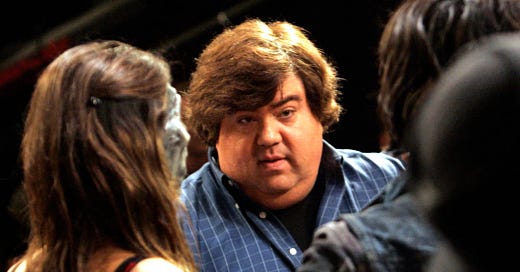


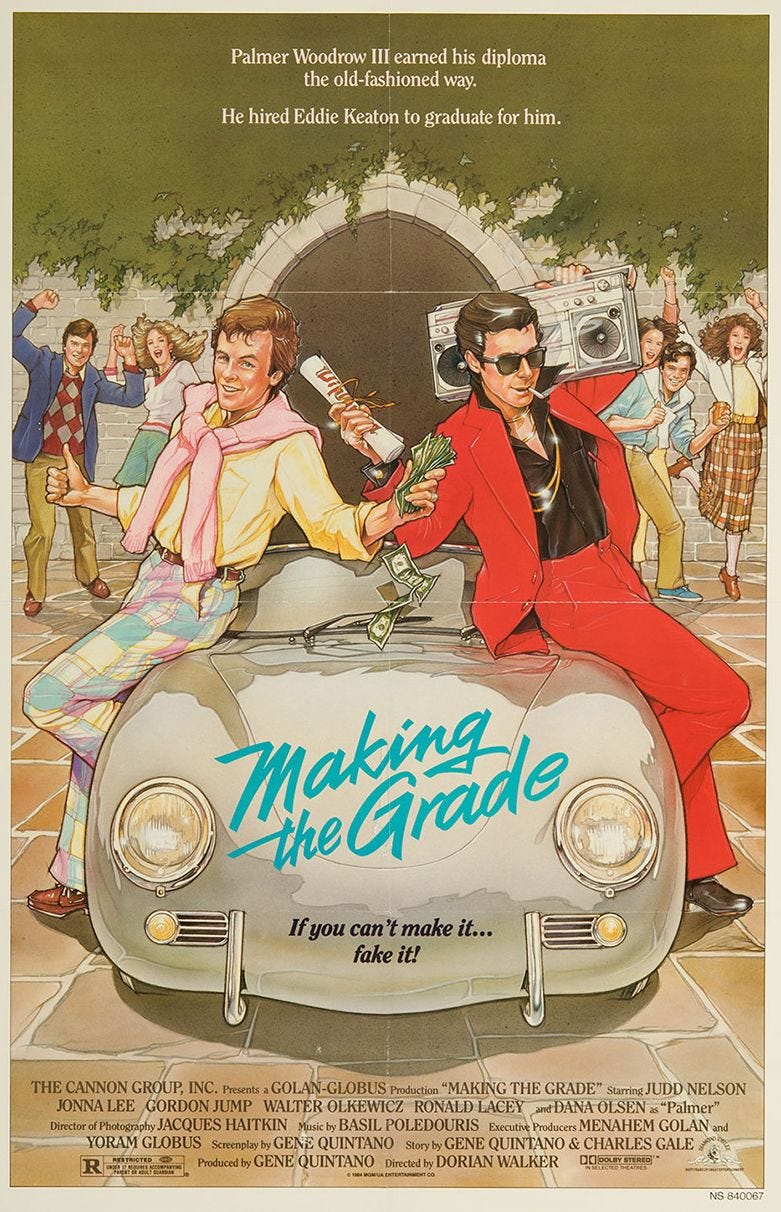
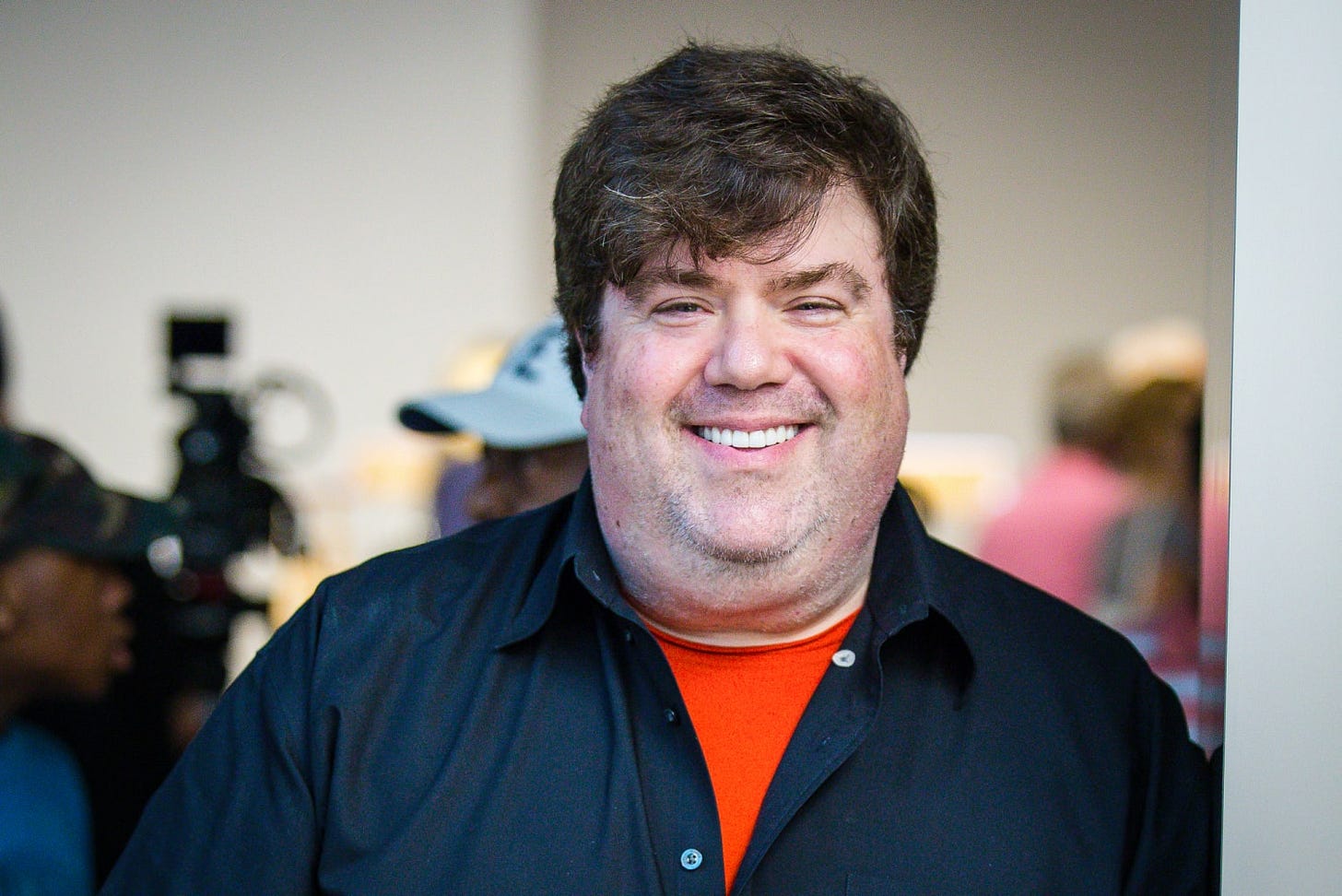
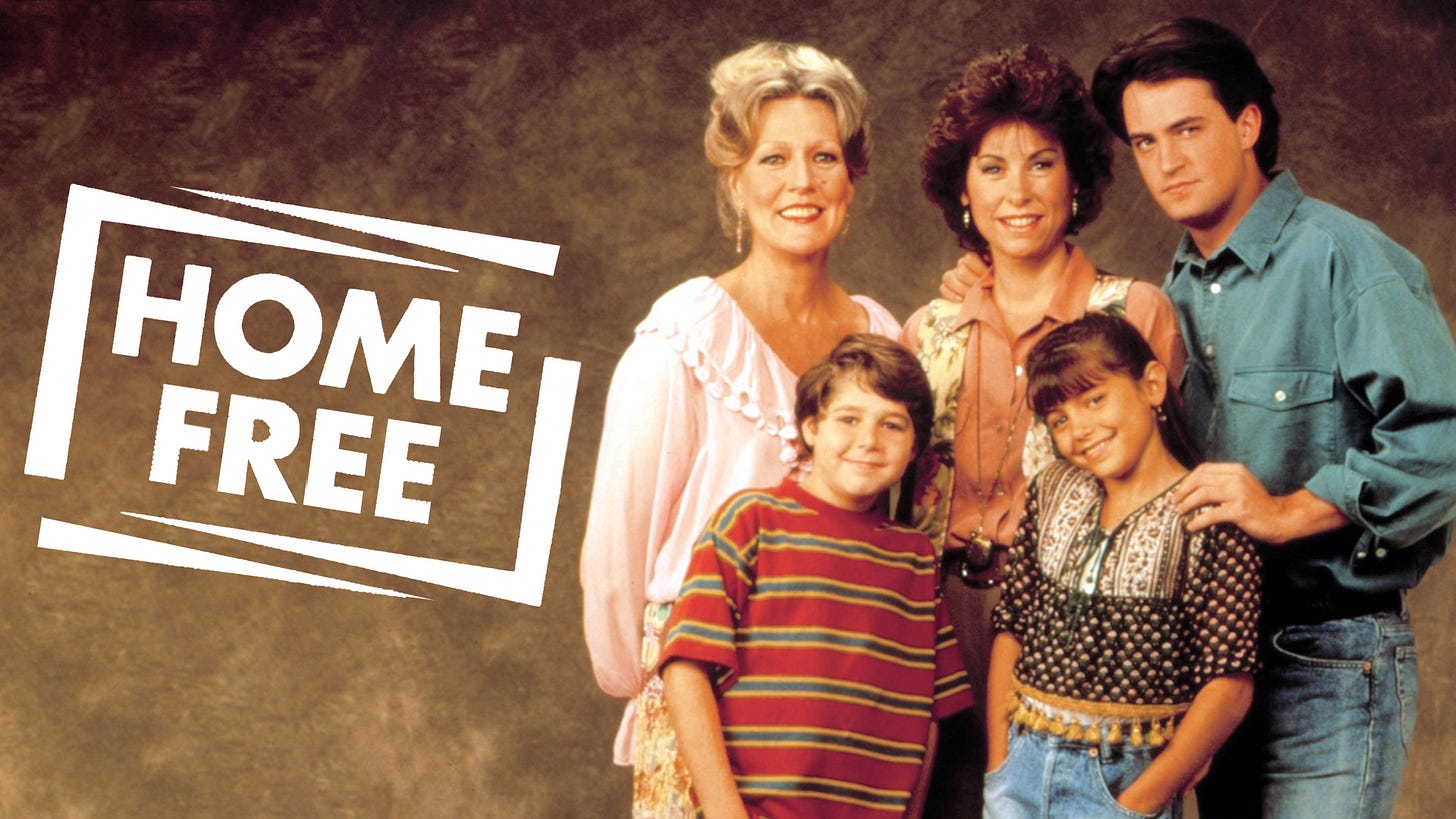
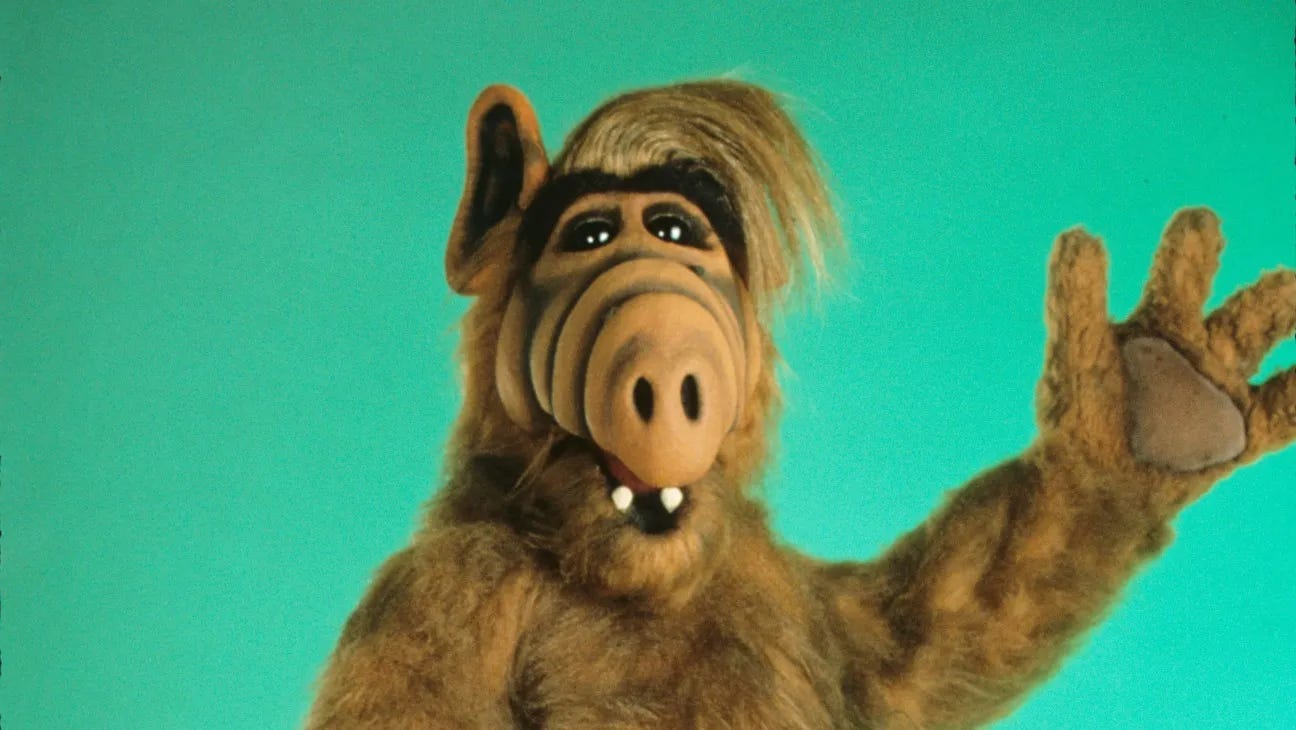
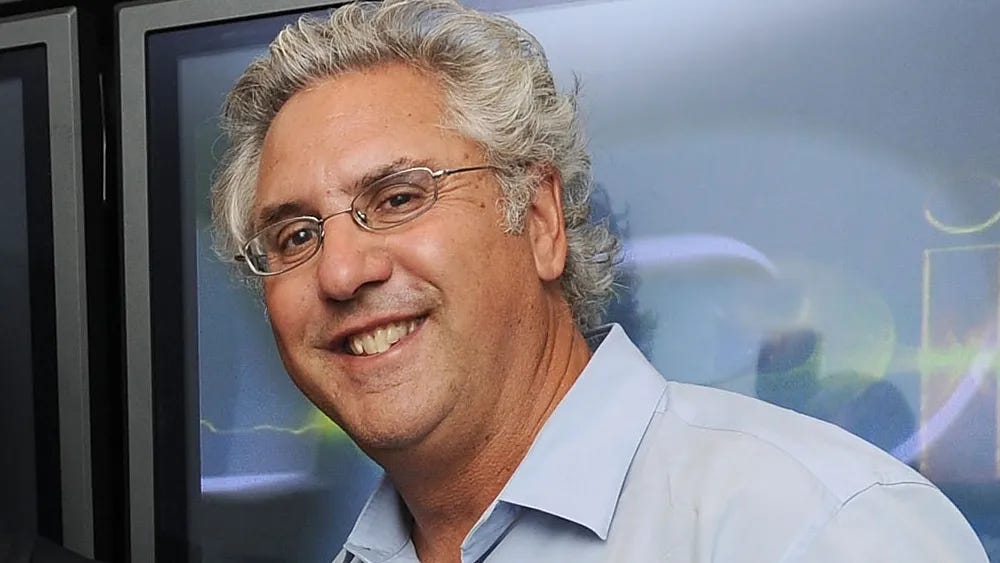

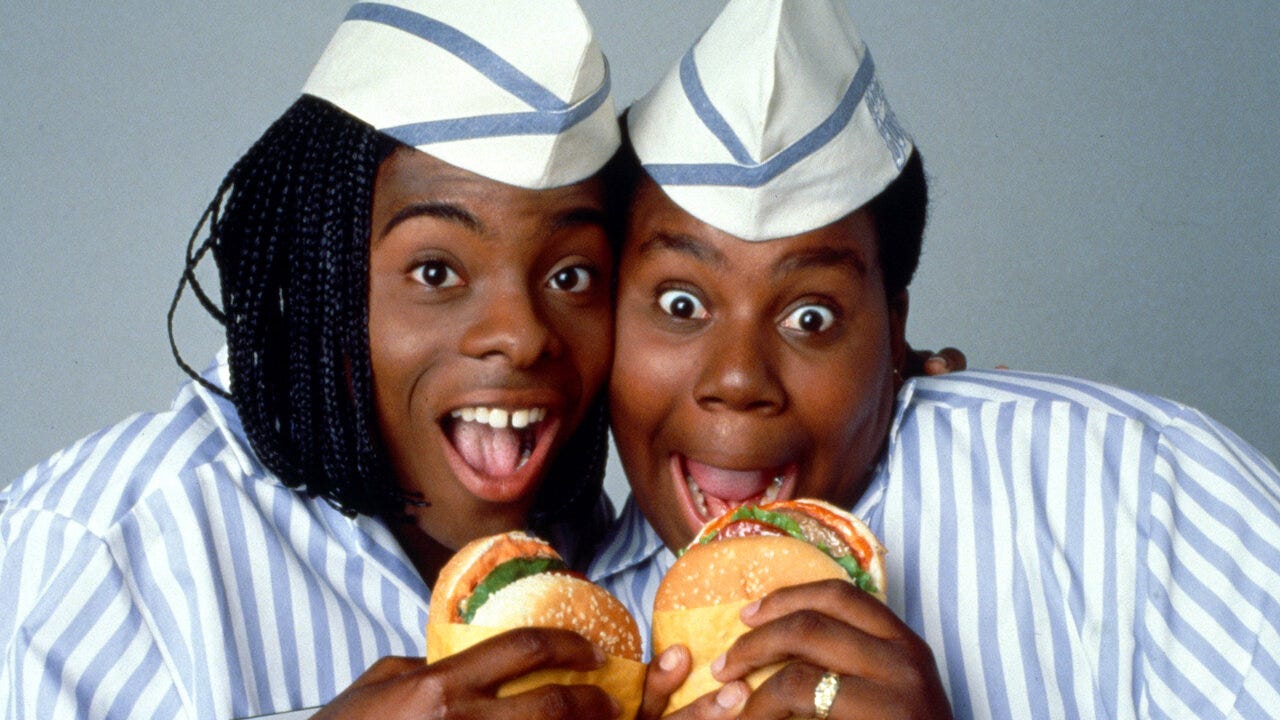
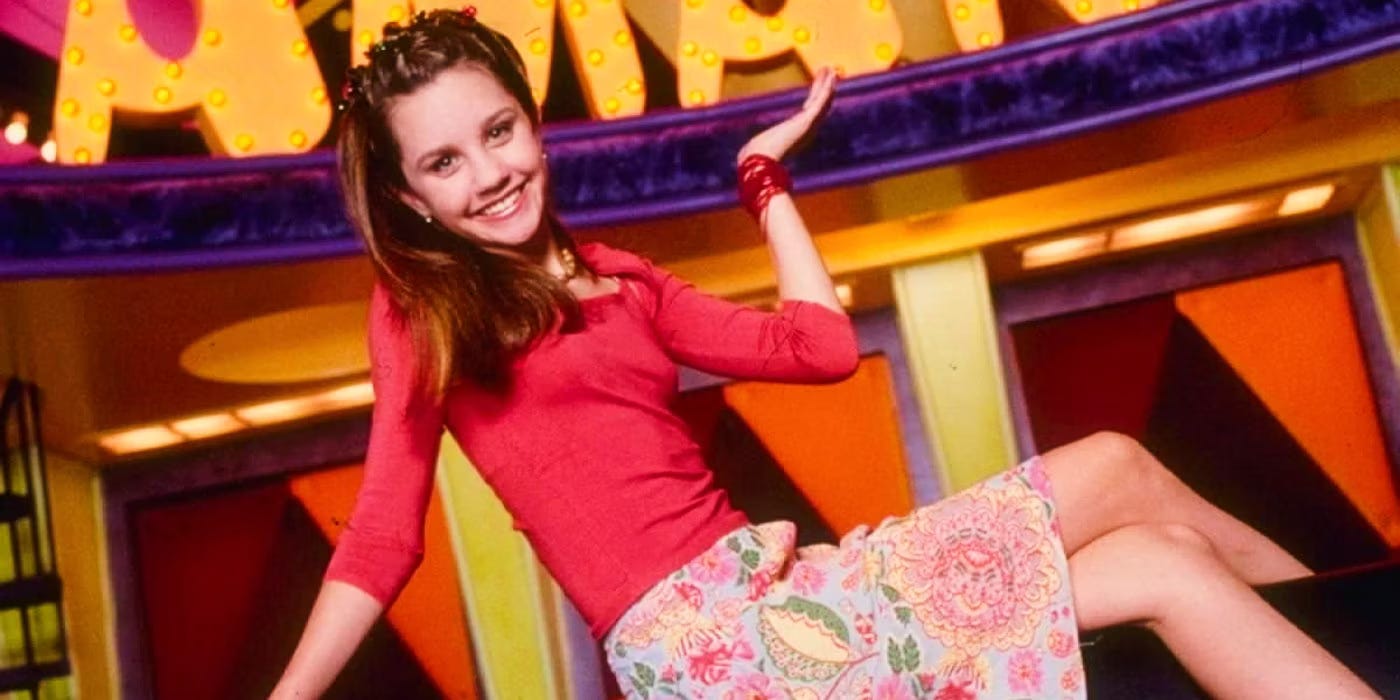
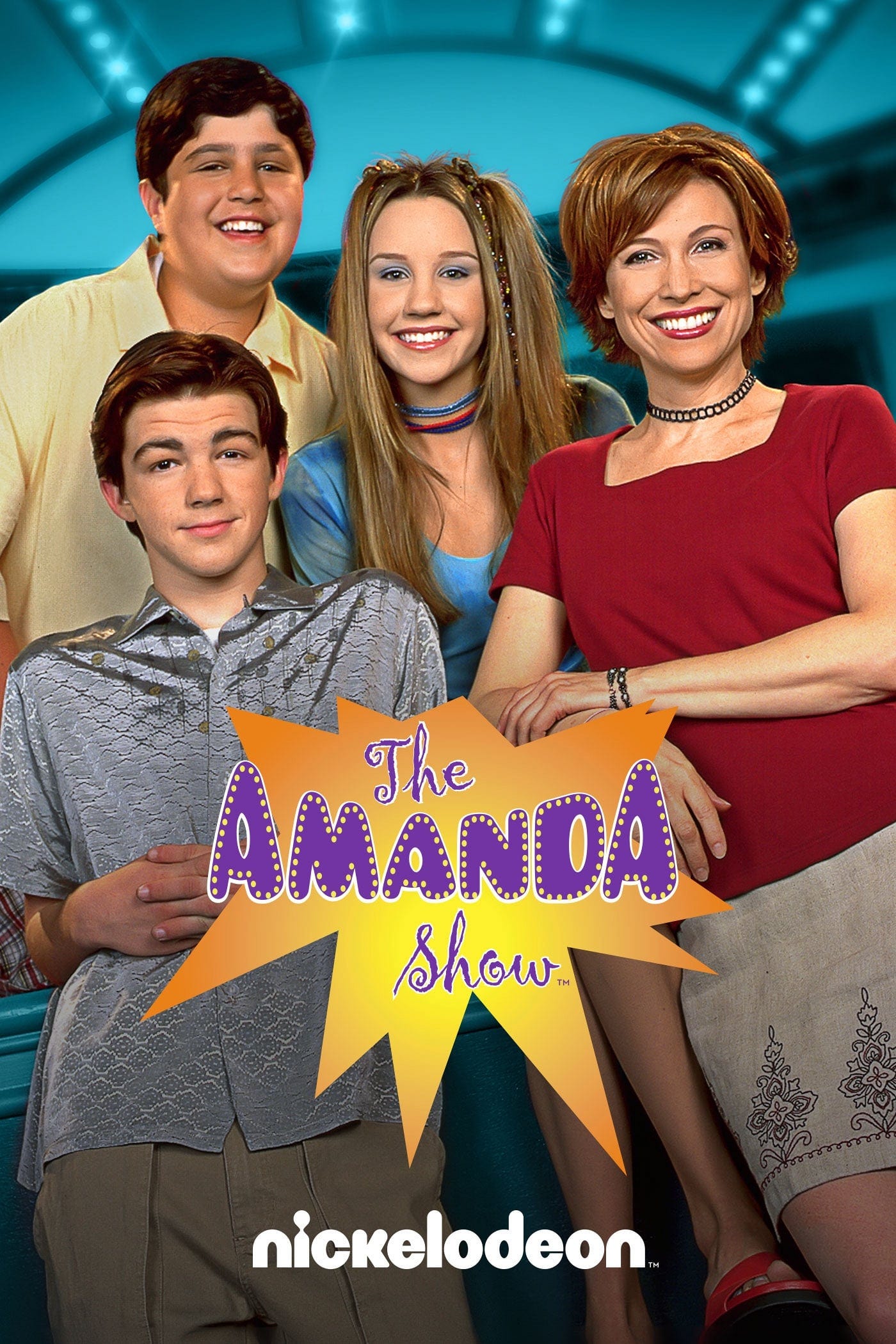
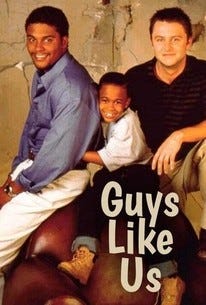
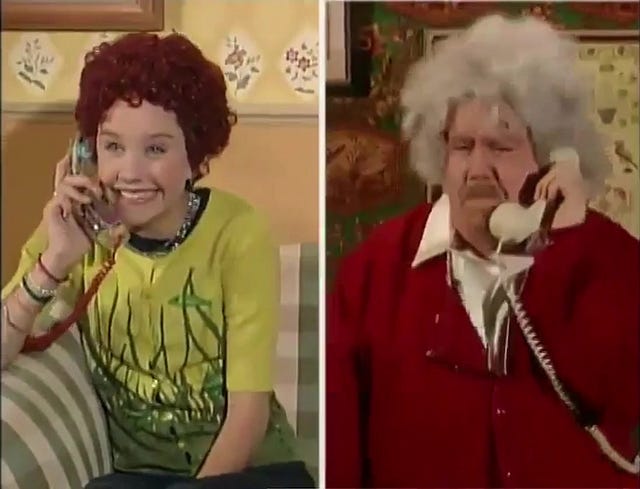



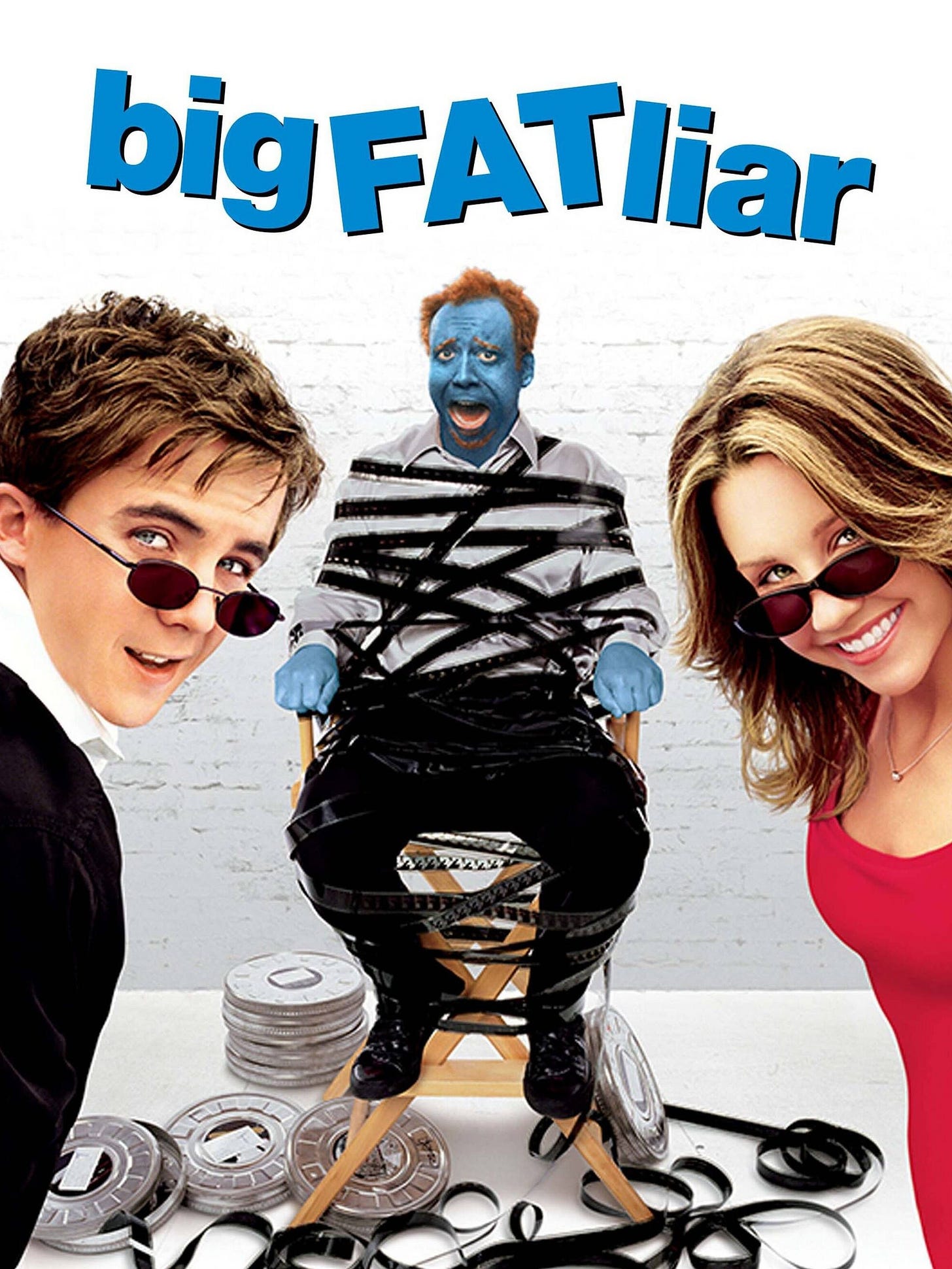
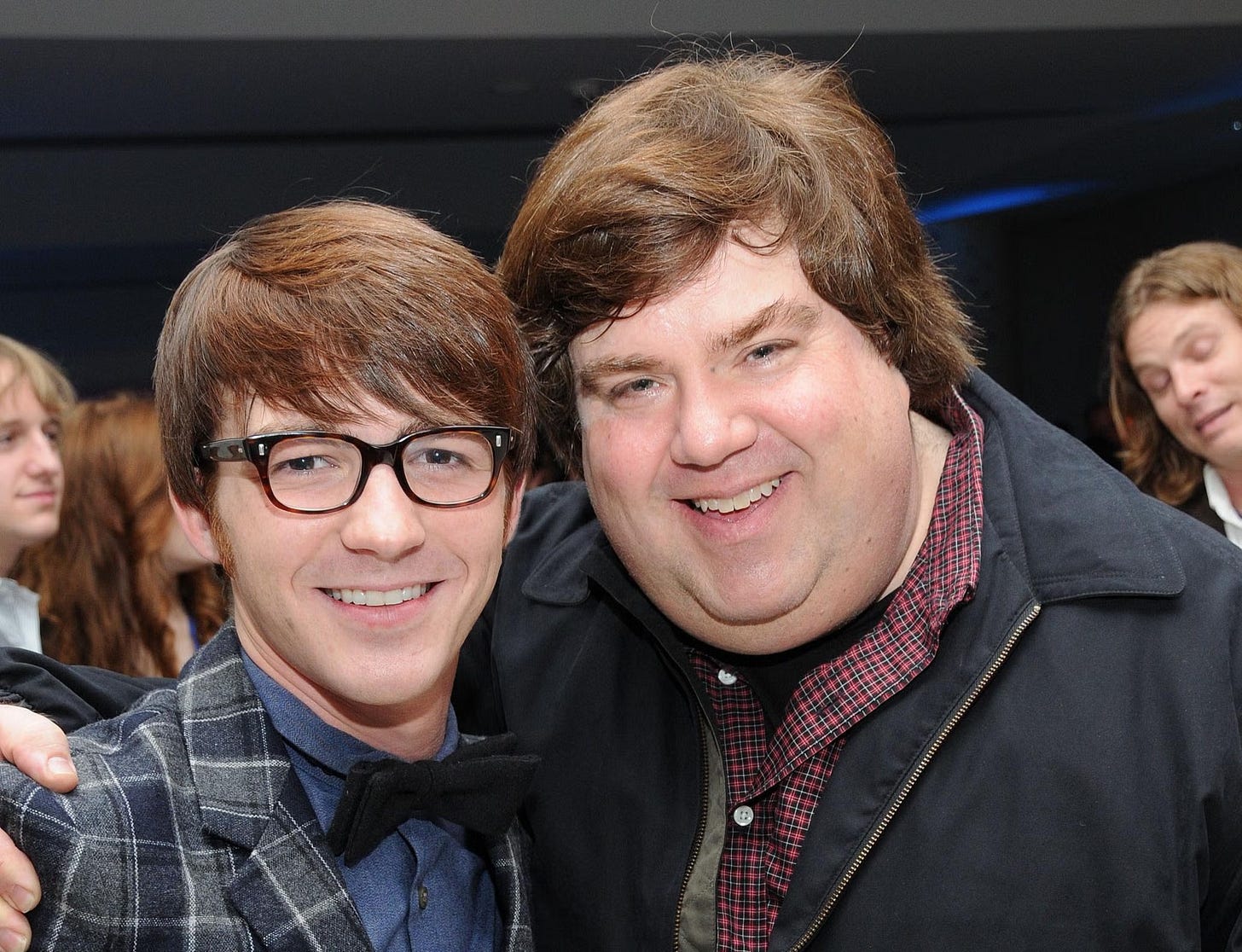
I'm struggling to think of a single child actor who made it out of the Disney/Nickelodeon gauntlets without being mentally disturbed in some way. I'm talking a kid that made some coin as a tween/teen, then left the scene and became normally adjusted human being.
Since I pretty much only knew him as the iCarly guy, with an awareness he had a bunch of other successful related shows, it's been interesting to get this glimpse into his beginnings. Also intriguing how hard it is to verify some of these details about stuff like Harvard, even in our amply documented age. Goes to show how tough historians must have it, haha. Also appreciate your even-handedness here rather than condemning based on hearsay.
I don't really have much more to add, since this is unfamiliar territory to me for the most part and I'm just enjoying following along with the "story". Instead I'll indulge some tangents:
"Probably because it takes effort no one is willing to give, and talent no one in the industry has." Damn. Another one that hits hard, at least for me. It's not that I was unaware, but it's sobering to stop and think how much our culture has declined just in my lifetime. There really seems to be this feeling of not even trying anymore. Even if it's weird considering how fierce the competition is to get into this industry in the first place.
The "typecasting vs character actor" thing is also interesting. Should ever actor ideally be able to play any role, or is it okay and even commendable to specialize? How much of an actor's personality goes into the part, anyway? I've never acted myself, but there's something endlessly fascinating about this job for me. Has to be one of the strangest professions around. And some of the considerations remind me of writing fiction, like the "generalist vs staying your niche" thing. I guess writing a novel is kind of like acting for an audience of yourself. Or at least I think you have to be in the same headspace as an actor, or a related one.
Which, to bring it back to Schneider, made me wonder what it'd be like to act in and write for a show at the same time. Don't think that's a very common situation? Especially not when it's just one of the regular cast and not a thing where the whole show is a vehicle for the main actor/writer.
"Creepy is not a gender-exclusive adjective and we, as a society, really need to remember that."
Hmm. In one sense you're obviously right. I suppose the really ugly elephant in the room here is that a man could theoretically dispense with the niceties and use force to get what he wants, or at least a woman always has to be cognizant of that potential threat, in a way men usually don't. (Which is probably one reason some straight men feel so intensely threatened by gay men and the prospect of finding themselves considered as sexual objects when they have no interest of reciprocating, but that's another story.)
Or: if a woman is a creep, it usually doesn't have any real consequences, but the other way around the consequences can go all the way up to lethal in the worst-case scenario, with a lot of unpleasant stations in-between. That said, you're right that there's a lot of unfortunate double standards hanging around here, both in the sense of painting all men as potential dangers and women as both helpless and uninterested in sex by default, while men always want it.
On a lighter note: I've started and scrapped a few drafts of my Adventures of Pete-related thing, and I want to reiterate that I appreciate the craftsmanship that goes into these essays. Telling an engaging story through non-fiction rather than cataloguing opinions is hard, even without adding humor to the mix. Not that I thought otherwise, but again, I have more experience with fiction, so it's humbling to really see it up close.
One of my pet peeves is how little people seem to respect writing as a craft. Maybe I've just become jaded after spending so much time in various fiction critique circles, but I get the sense a lot of people think they can slap any old thing together just because they know how read and write. I've seen so many people doing the equivalent of, say, playing the guitar for a couple weeks and then performing in front of an audience. Yes, the bar of entry is very low, but the ceiling is just as high as in other art forms. I dare anyone to compare Dan Brown to Richard Powers and tell me otherwise.
Then again, as you've shown us more than once in these essays, it's not like the professionals seem to take it much more seriously, haha. Maybe that's one of our core problems: as a society we're simply not serious about anything anymore. Or to dust off another James Howard Kunstler* quote: "anything goes and nothing matters". Doesn't turn an immediate profit? Forget it.
*Drawing on his quotes makes me sound like a bigger fan of the guy than I actually am. I think he writes very well but is also basically a crank, or maybe a grifter in his own way. I'd consider him more an entertainer than a serious pundit, like a fire and brimstone preacher of the deep-green set. He does score the occasional hit, though.